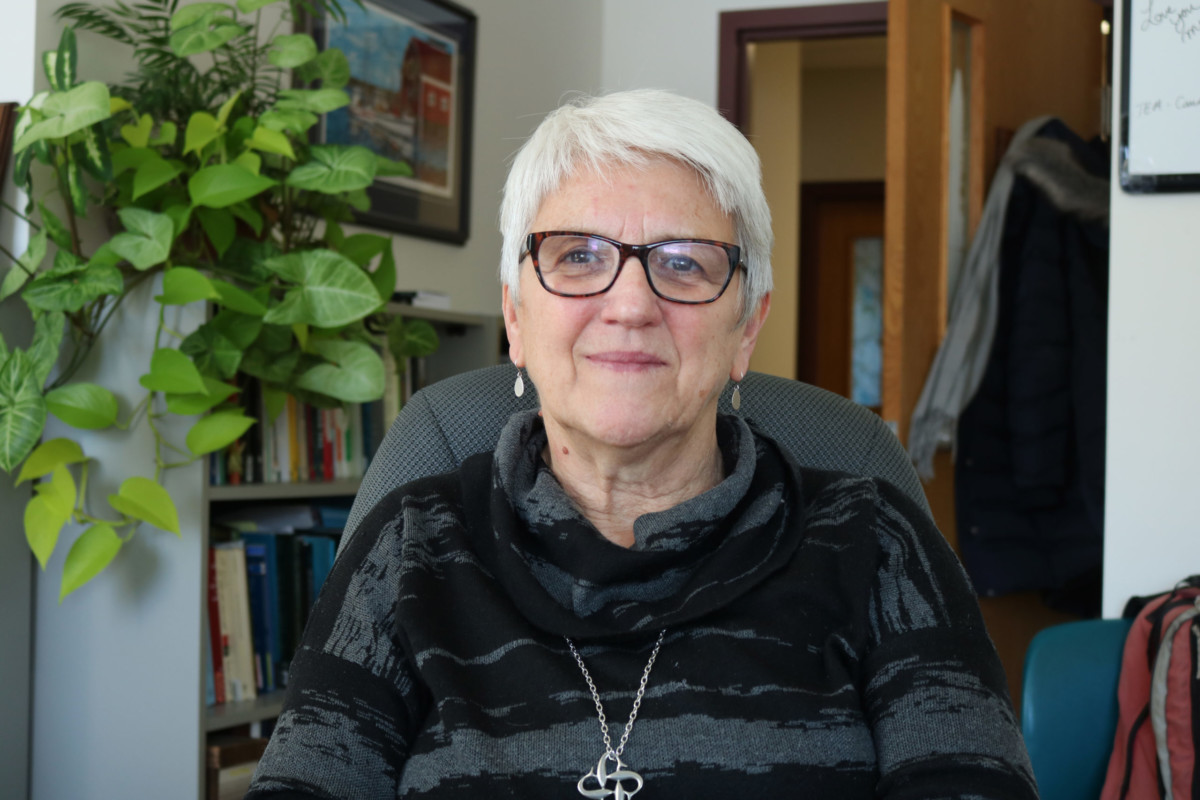
Sobeys is taking a step against single-use plastics by no longer providing plastic bags at checkouts starting January 31.
It’s the first step in a Sobeys green initiative to get rid of unnecessary plastics.
Violet Macleod, public affairs specialist for Sobeys, said emails from customers pushed Sobeys to make the change.
“We stepped up and took the first step,” said Macleod.
She said Sobeys is proud to be the first major corporation to ban plastic bags nationwide.
Janice Harvey, an environment and society professor at St. Thomas University, thinks banning plastic bags will benefit the company.

“Sobeys is clearly trying to take this particular thing that the public is concerned about, and using it clearly as sort of green branding for them,” she said.
With Sobeys making the change, it is most likely that other major grocery stores will follow suit if the public demands, said Harvey.
Still, Harvey believes the government should be the one taking action instead of corporations when it comes to plastic waste regulations.
“The provincial government has decided, ‘yeah, we’ll just let the private sector kind of respond to this as they wish,’” she said.
Third-year criminology STU student Annabelle Ruest also believes the government should be doing more.
“If the government doesn’t take more action, it shows the corporations that they can’t be reprimanded.”
Harvey said “we’re sort of dependent on corporate self-interest to drive environmental policy which is really not a good idea” when it comes to protecting the environment.
She said after the Canadian government’s announcement to ban single-use plastics by 2021, she’s skeptical of what the provincial government will do to follow that.
“I don’t know how that would work, because the province really has jurisdiction over a lot of that in terms of waste that gets produced. So how the federal government is going to intervene? I’m thinking that it might be at the national level of regulating, maybe packaging,” she said.
Harvey said it’s up to the provincial and federal governments to make a difference and reduce plastic rather than putting all the pressure in the individual to take action. They could make changes in policy, infrastructure and government regulation.
Harvey added the root of the problem is the packaging in stores and fast food, not an individual’s waste.
“Whatever people do to reduce their environmental footprint is good, right? It’s not carpooling or stop using plastic bags. Doing all of that is great, but it’s not going to make much difference. It’s not about individual action. It’s about government regulation.”
